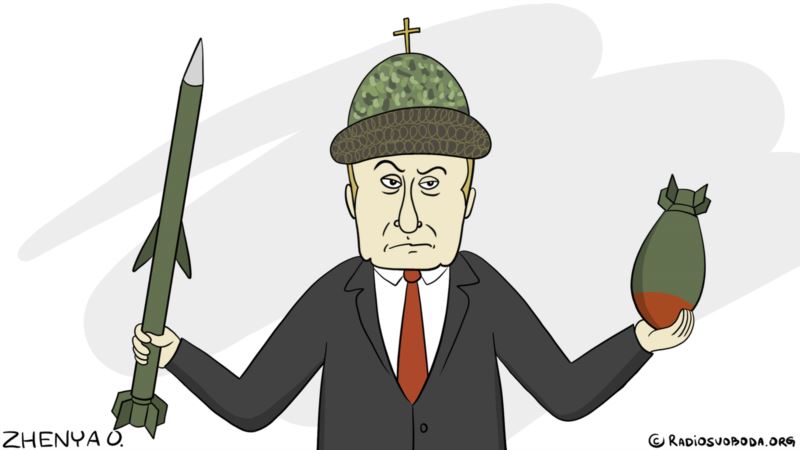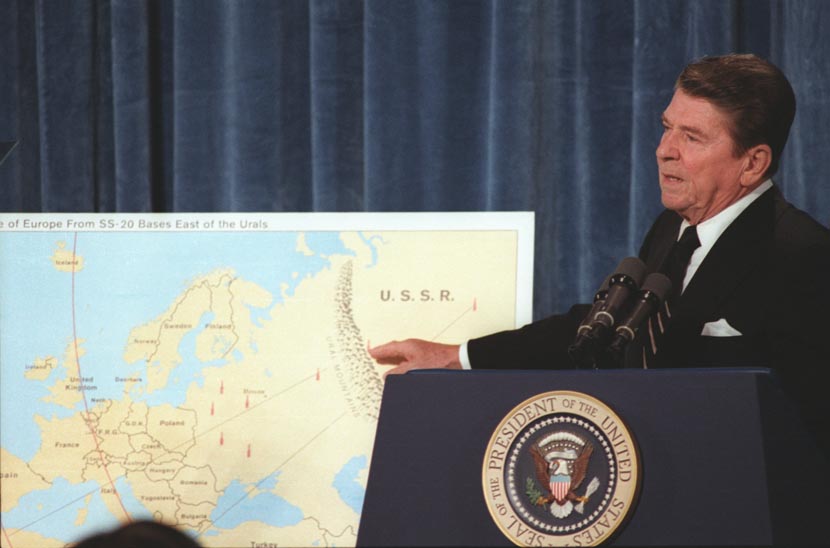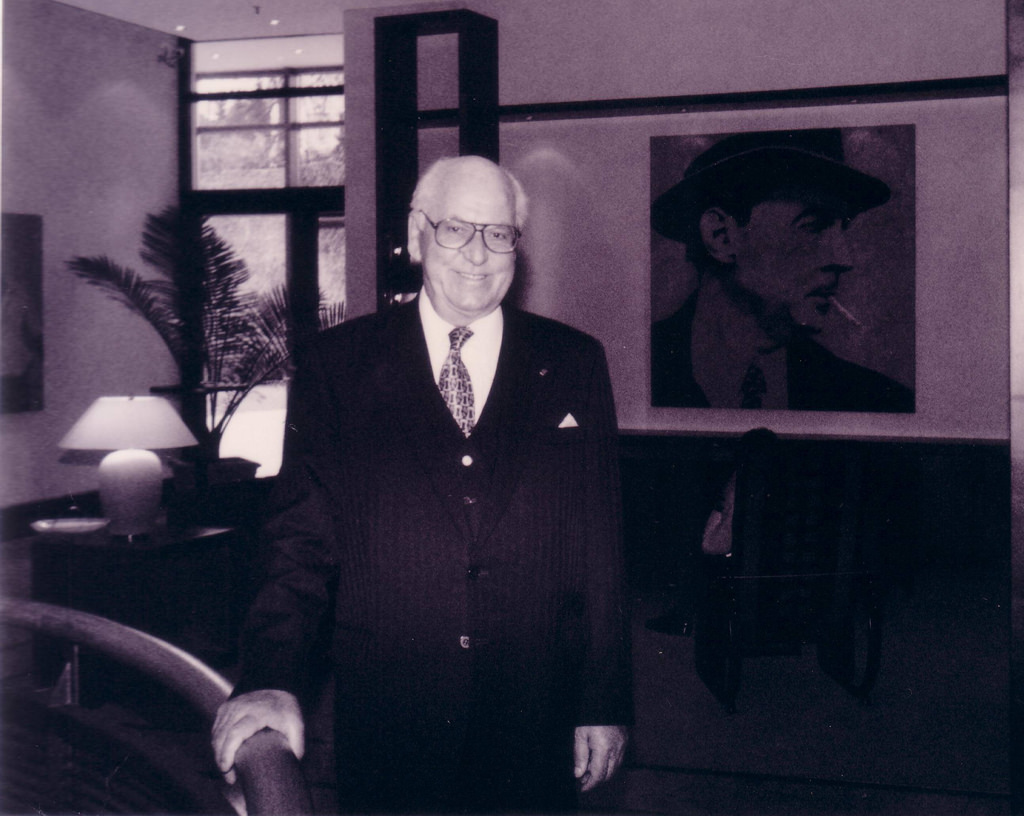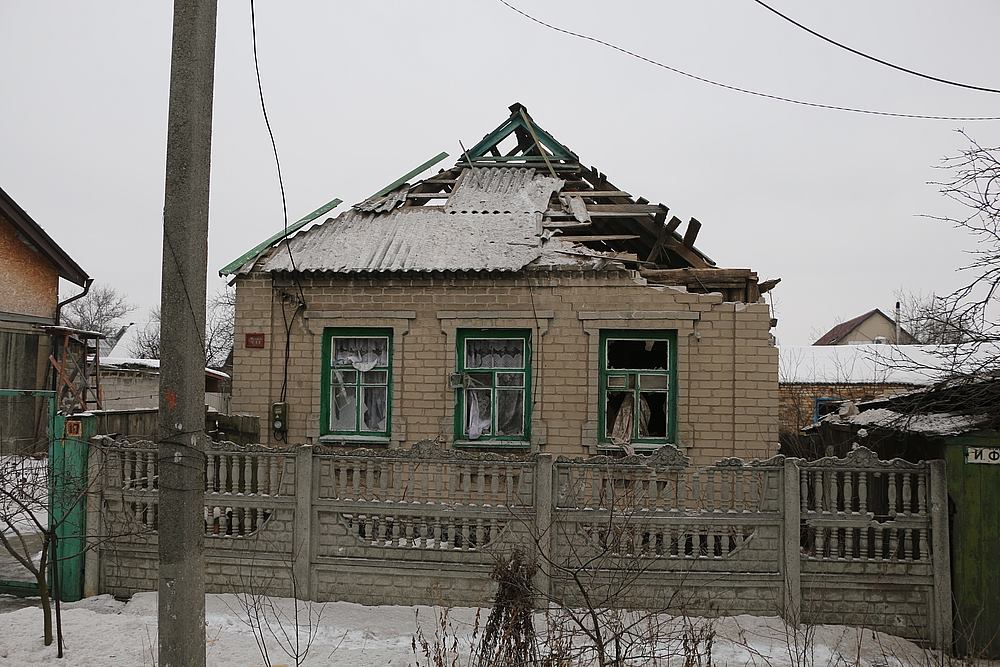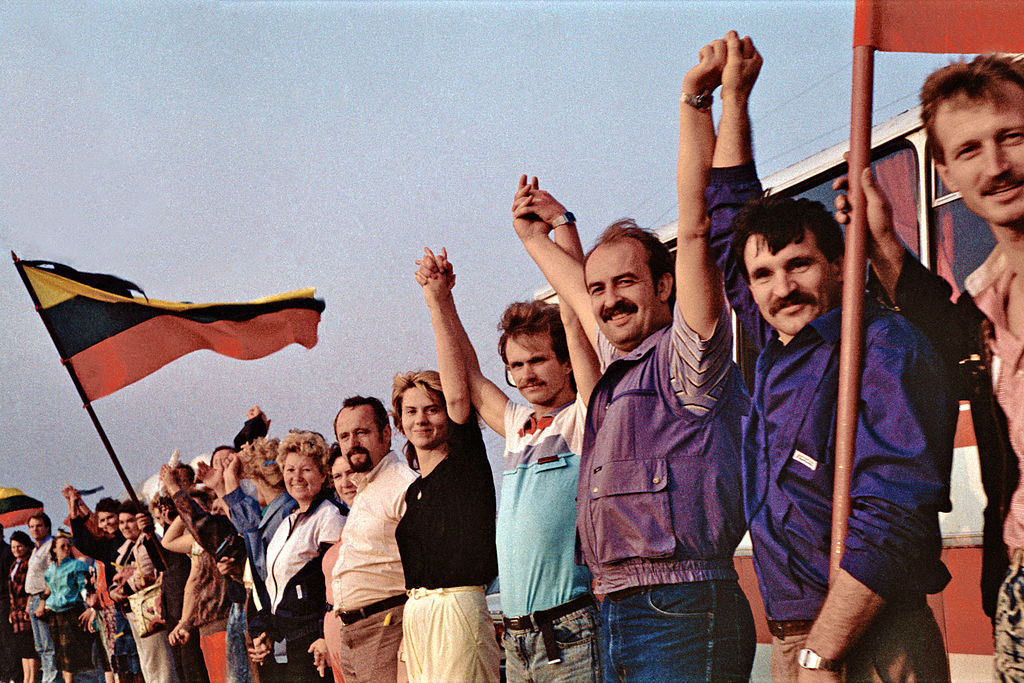Putinism, as ideology and practice, is now a greater threat to the West than Soviet communism ever was, a reality few in Western countries now recognize precisely because the Kremlin leader is making use, in the best tradition of the judo master he is, values and methods that are part of the West against the West.
There are many reasons for this disturbing conclusion, one suggested by various Russian commentators who took part in the Second Boris Nemtsov Forum at the European Parliament this week. Five especially striking qualities of Putinism as a threat include:
First, the old Western anti-communist consensus that included both capitalists and rights activists has dissolved. The existential threat communism posed to each kept them allied. Now that Putin has dispensed with communism, that alliance has been torn apart, with many capitalists only too eager to get involved in what they hope will be profitable markets. That leaves the rights activists isolated and often crying in a wilderness even though Putin’s commitment to genuinely free markets is nonexistent and his actions against his own people and Russia’s neighbors is in many cases worse than that of Soviet leaders after 1953. That means that in important respects, Putin is less likely to be contained than were they.
Second, Putinism uses the new media environment that Soviet propagandists never had access to, an environment in which truth is devaluated, lies are the norm, and the mainstream media has not learned how to avoid being co-opted, given that it is often forced to disseminate the very kind of stories that its outlets would not run on their own. Some other political leaders, of course, do the same, but none with as much skill and with as few scruples as the Kremlin dictator. Truth no longer matters in this universe, and it is no accident that the Oxford English Dictionary has called “post-truth” the new word of this year.
Third, while Putin constantly talks as if Russia doesn’t have an ideology, many have failed to note that he has articulated one and that it is remarkably congruent with the ideology of many populist and right of center leaders in Western countries. His ideology and the practice which flows from it should be labelled as Putinism.
No Western country would ever have elected someone who was known to be close to communism; now an increasing number of these countries have populations quite prepared to choose someone who is often working hand in glove with Putin or Putin surrogates.
Fourth, the combination of living in a post-truth world and of having certain values of traditionalism and deference in common means that many in the West are unwilling to challenge Putin’s arguments because to do so is to challenge arguments being made by many in their own societies, including some with enormous power.
And fifth – and this may be the most important of these five – Putin casts himself as concerned in the first instance about stability rather than change. That puts him at odds with his Soviet predecessors who, at least in principle, styled themselves as revolutionaries committed to radical change. At a time when many Western countries are tired of the burdens of international responsibility and feel the need to pull back, someone who offers stability as the main goal is a potentially attractive partner.
Instead, he is completely without scruples in changing course whenever it suits him even while denouncing others for doing the same thing and is prepared to use underhanded and illegal means to achieve his revisionist goals.
If the threat Putinism presents both to and within Western countries is not recognized as even greater than the one Soviet communism presented, there is a great risk that at least in the short term it may be more successful than its predecessor, something that would be a tragedy not only for the West but for the people of his own country as well.
Related:
- Seven reasons why Putin's war in Ukraine is a turning point in Russian and world history
- Putinism represents triumph of 'feudal traditionalist reaction,' Skobov says
- The globalization of Putinism
- Putinism -- not nearly as strong as it appears
- Higher stage of Putinism
- Putin regime has long had an ideology - Great Power Imperialism -- Pavlova says
- Putinism as the last phase of Sovietism
- Putin, in reaching out to the far right in Europe, has not forgotten the left

